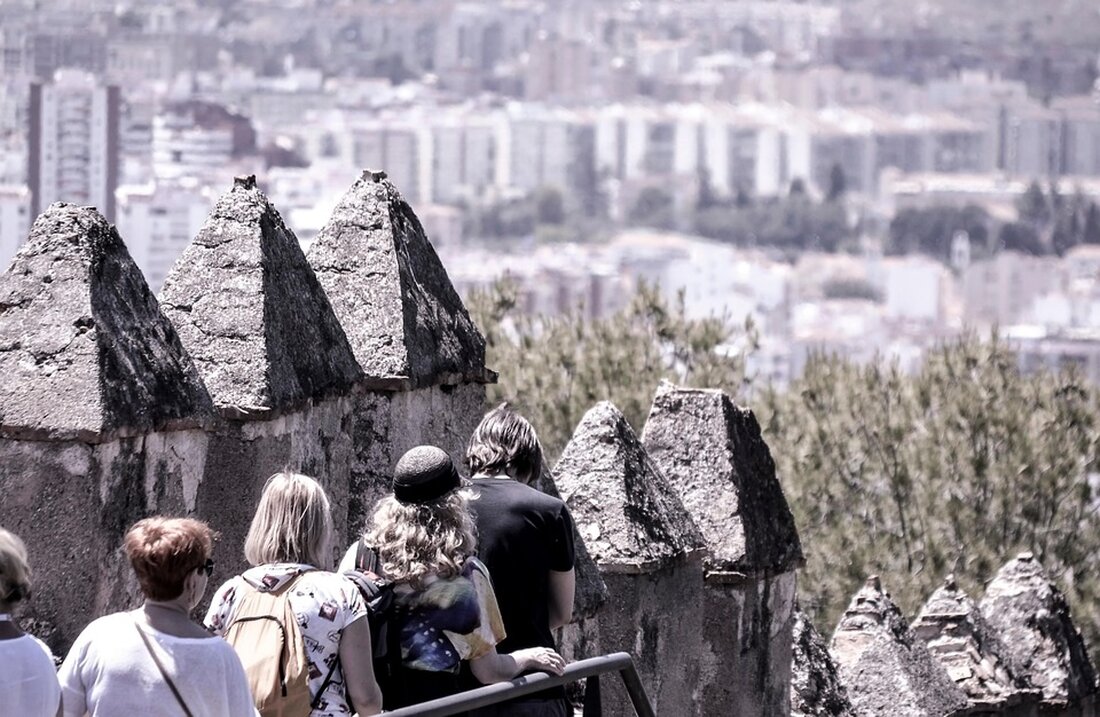Europe is defending itself against mass tourism and the influx of tourists
More and more European cities are resisting mass tourism. Protests show that locals are striving for a balance between visitors and quality of life. Find out more about this movement.

Europe is defending itself against mass tourism and the influx of tourists
There is currently a massive increase in protests against overtourism in Europe. Across Spain, protesters have taken over the streets and even disrupted a billionaire's wedding in Venice. Noel Josephides, the long-time chairman of Sunvil, a British tour operator, is watching these developments with the thought of a warning he issued years ago: “I said ten years ago that we would face enormous problems.”
The words of caution from an industry expert
Josephides, who is also a former chairman of ABTA and AITO, two major British travel associations, sees Europe's current overtourism crisis as the result of his prerogatives. He recalls a speech he gave at the ABTA annual conference in Dubrovnik in 2013. Back when the sharing economy and platforms like Airbnb were emerging, he warned of the consequences of the uncontrolled expansion of low-cost airlines and short-term rental offers.
The locals are feeling the consequences of overtourism
The locals' protests are not unfounded. "The local population is right, it's out of control. I'm on the side of the protesters, even if it affects my business," said Josephides. In its current environment, the local population is struggling for their quality of life while tourism numbers are skyrocketing.
Memories of a quieter summer
Summer 2023 is a stark contrast to the empty streets and clear waters found in 2020 during the pandemic. At the time, promises were made to improve tourism, but after travel restrictions were lifted, many destinations quickly returned to old patterns, often even worsening the situation.
A diverse influence on local culture
The changes brought about by the inundation of tourists cannot be overlooked by many locals. Maite Domingo Alegre, an English teacher and professor at the Pompeu Fabra University in Barcelona, says that street noise and tourism changes have made her city unrecognizable. "The shops are almost exclusively aimed at tourists, which has led to rising prices. Many of my friends have moved away because they can no longer afford to live here," she says.
Venice: A fisherman heading against the current
The picture is confirmed in Venice. Local musician Ornello describes how he feels like a stranger in his hometown. “I'm a cyclist and on Sundays I meet all the tourists in Piazzale Roma and sometimes I feel like a salmon swimming against the current,” he says. While Venice once had a vibrant local culture, today this has almost died out.
The cycle of overtourism
Over the years, Josephides has observed how initially unknown travel destinations become overcrowded. First, a destination area is discovered by boutique tour operators as ideal for relaxation and tranquility. But budget airlines soon set up operations, and the little-known destination quickly gained popularity. "Samos will be the next destination to go through this vicious circle. More and more airlines will serve the market and the structure of travel will change dramatically," he predicts.
Strategies against overtourism
Destination managers like Pedro Homar from Visit Palma are forcing a rethink in the tourism sector. In Palma, measures have already been taken to make tourism more sustainable. The number of cruise ships has been limited and the city has set up a budget of 50 million euros to buy and demolish outdated hotels.
The right to travel
A discussion about the “right to travel” has been initiated. Homar explains that destinations should choose which tourists they want to attract. "We want tourists who respect our culture. If you don't want to come respectfully, we're sorry to say we don't need you," he says. Josephides agrees and raises the issue of the mass of tourists disrupting the balance of cities.
A new approach to winning back local consent
Ultimately, engaging locals and rebuilding their goodwill is critical to the future success of these destinations. Initiatives to promote cultural and community events aim to strengthen a sense of belonging among local residents. “If the residents are not happy, the city doesn’t work,” warns Ruben Santopietro Visit Italy. “We need to make sure locals don’t feel left out.”
Tourists are required to travel responsibly and to respect the balance between visitor numbers and the quality of life of locals in order to preserve the travel culture in the affected regions.

 Suche
Suche
